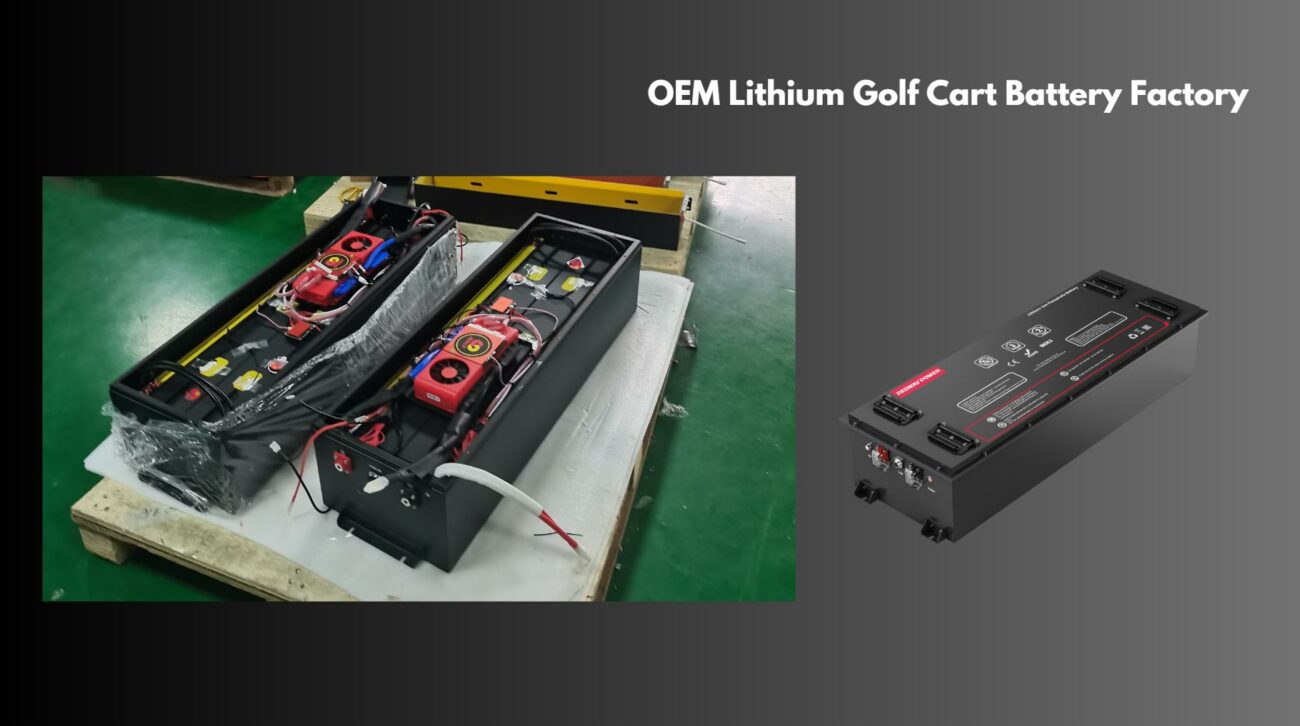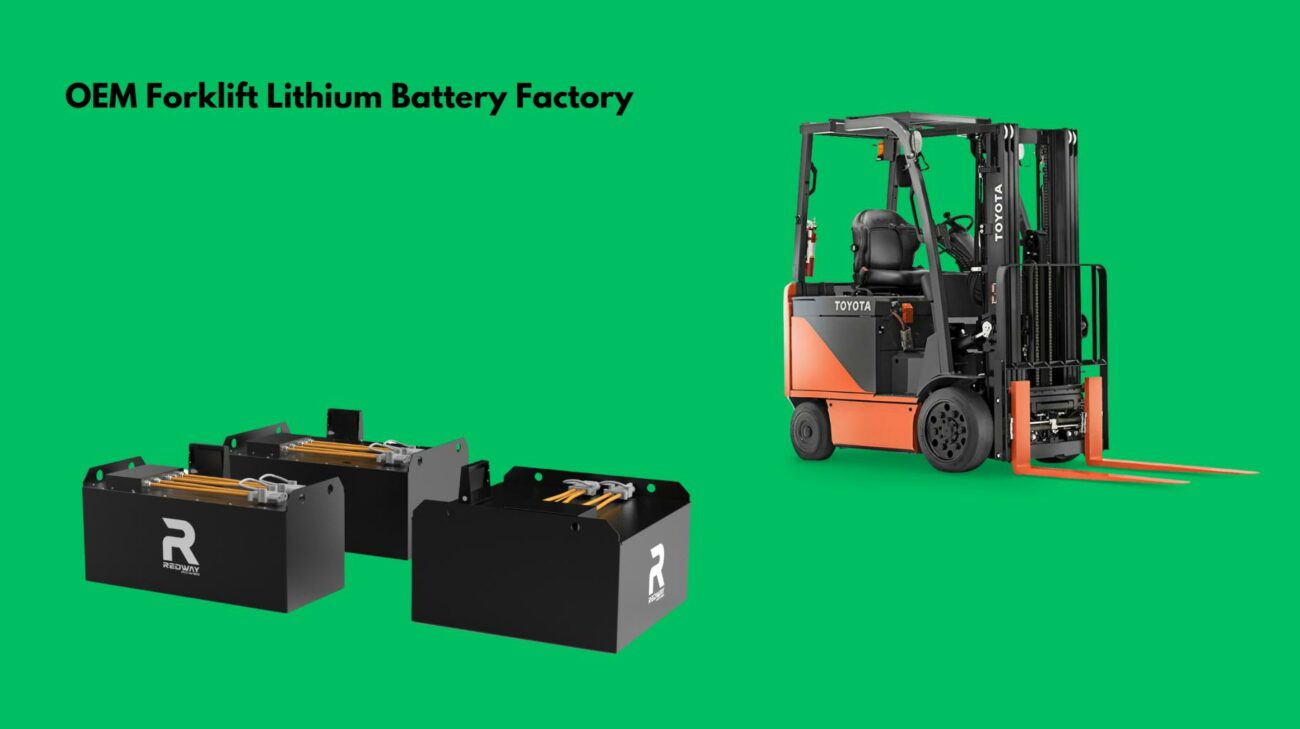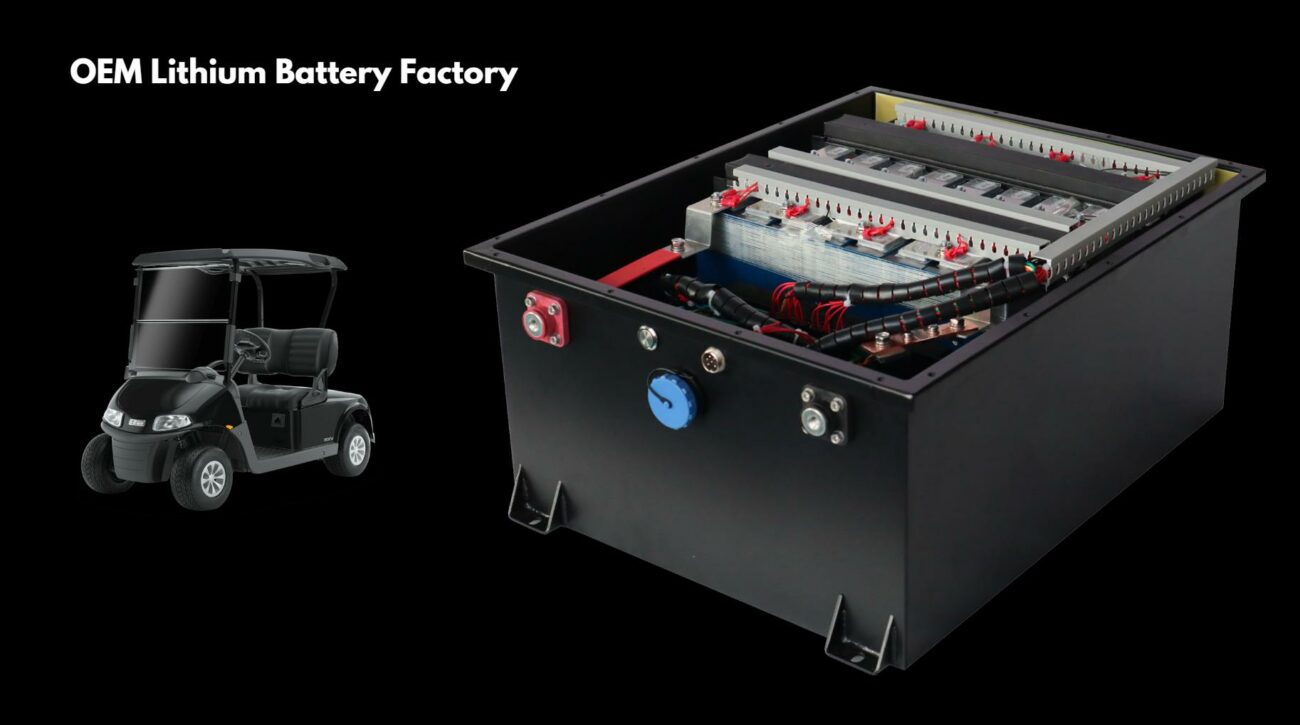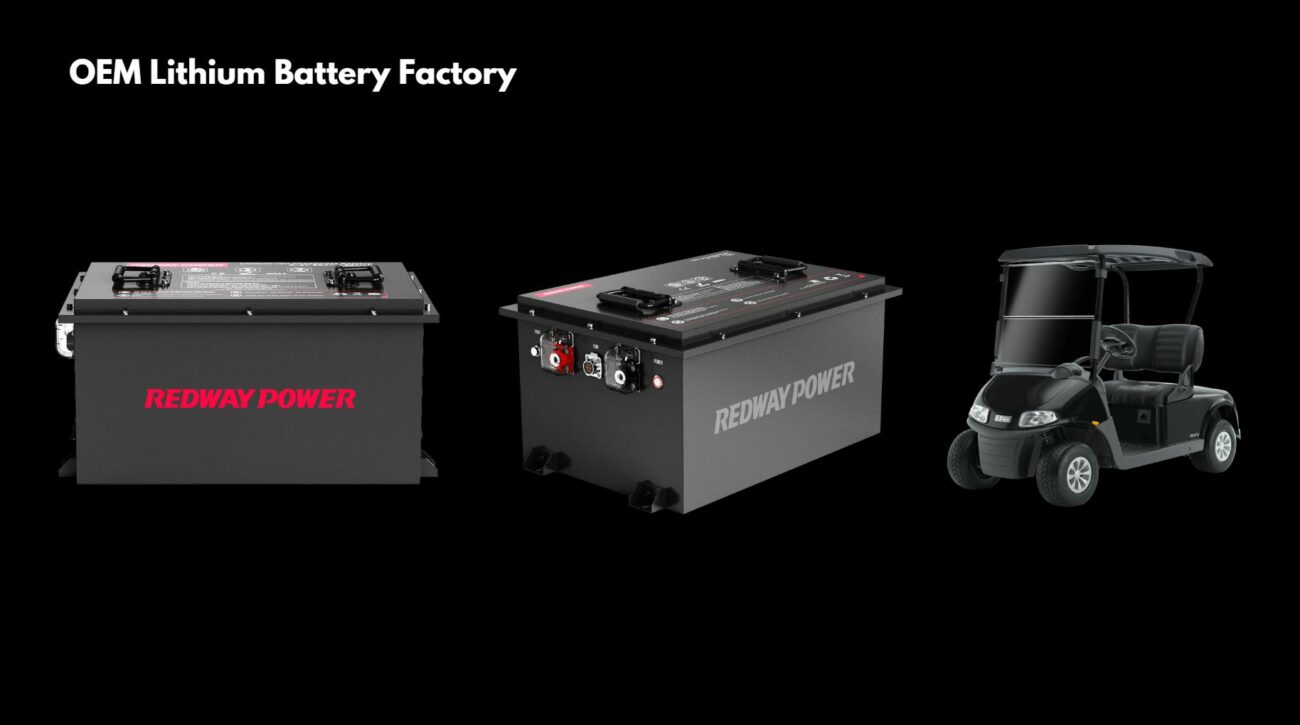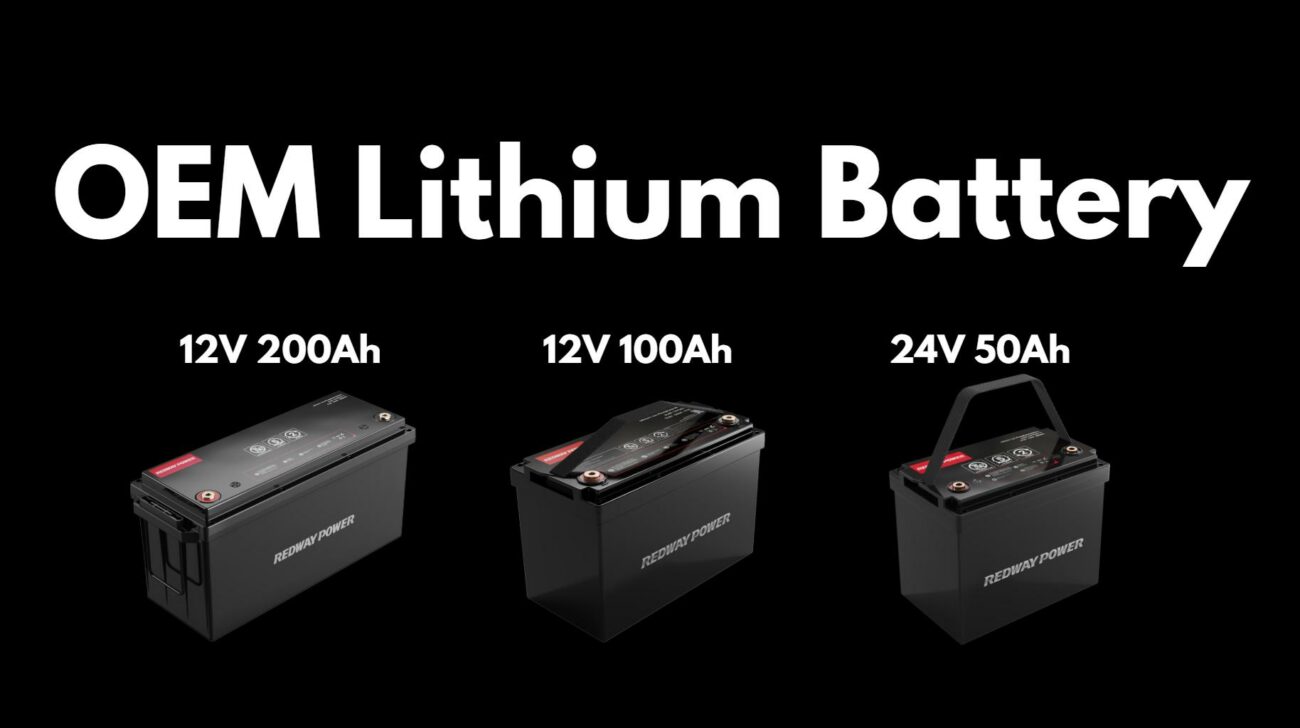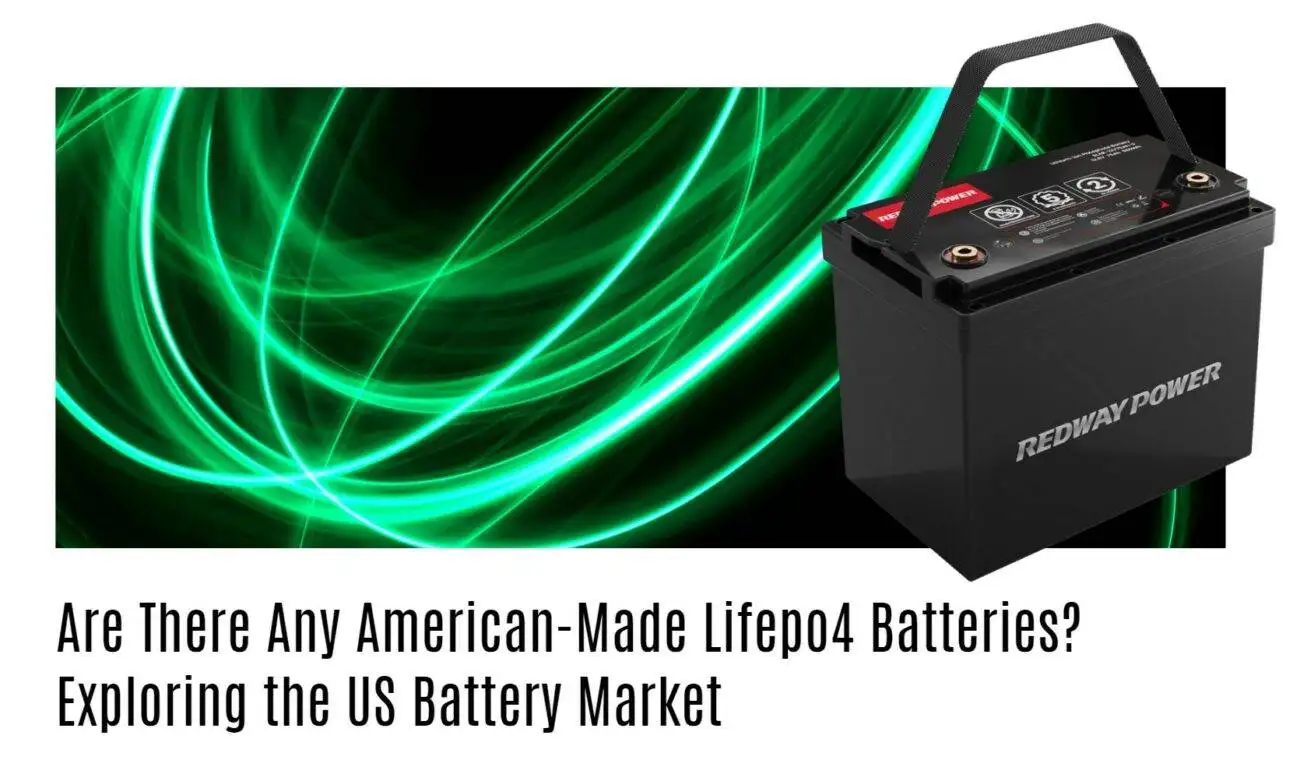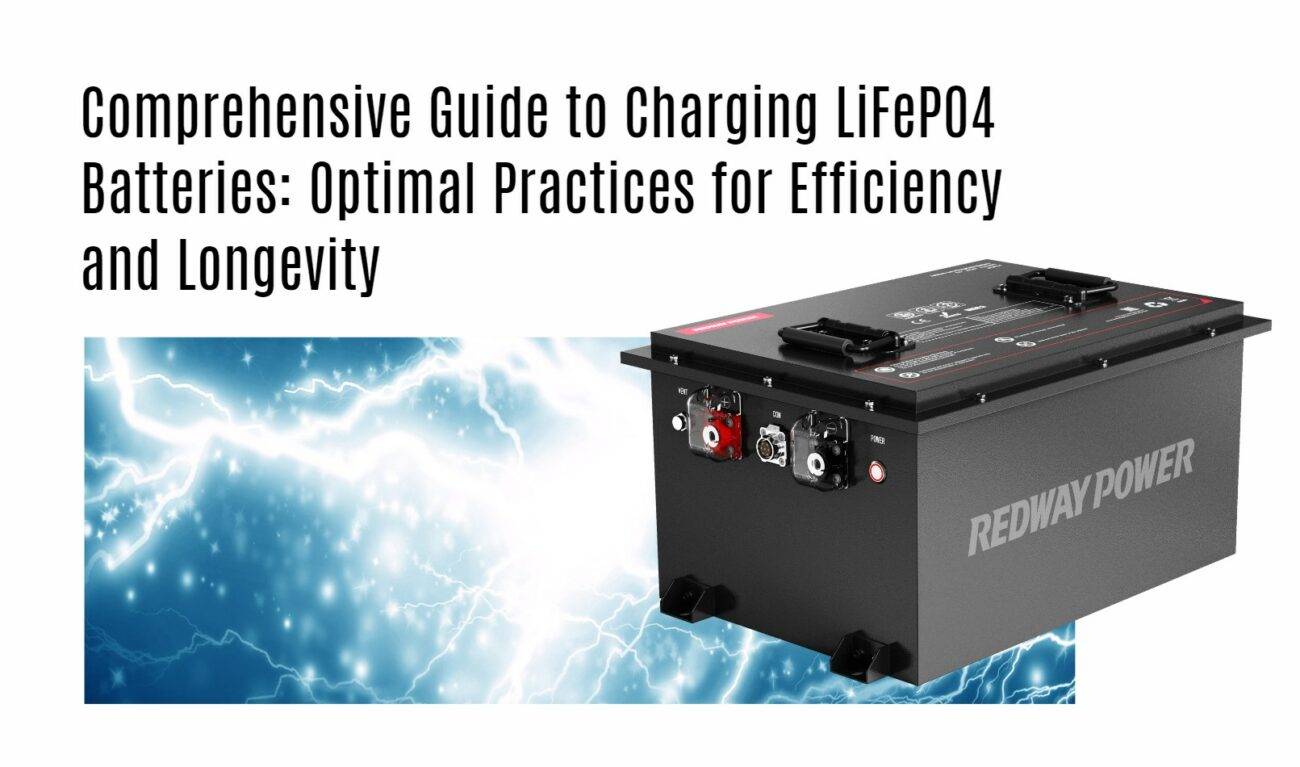Are you looking for reliable and safe LiFePO4 batteries? Essential certifications include UL for safety, IEC for performance, UN38.3 for transport, RoHS for environmental compliance, and CE for European market access. These certifications confirm that the LiFePO4 batteries meet stringent standards, ensuring quality and safety for their intended use.
Always verify that your LiFePO4 batteries come from certified manufacturers to ensure reliable performance.
What certifications are essential for LiFePO4 battery manufacturers?
Essential certifications for LiFePO4 battery manufacturers include UL, IEC, UN38.3, RoHS, CE, and ISO 9001. UL ensures safety, IEC confirms performance, UN38.3 guarantees safe transport, RoHS ensures environmental compliance, CE validates quality for the European market, and ISO 9001 ensures consistent manufacturing quality.
What does UL certification mean for LiFePO4 batteries?
UL certification for LiFePO4 batteries means the product has been tested by Underwriters Laboratories (UL) and meets specific safety standards. This certification ensures the battery can operate safely under normal and foreseeable misuse conditions, reducing risks of fire, explosion, or electric shock. UL certification is a critical indicator of product safety and reliability.
Also read:
Does Battery Firm’s Experience Matter?
What LiFePO4 Battery Certifications Should You Look For?
Why Understanding Battery Needs Is Key?
Why Choose LiFePO4 Batteries for Your Power Needs?
How do IEC standards ensure LiFePO4 battery safety and performance?
IEC (International Electrotechnical Commission) standards ensure LiFePO4 battery safety and performance by providing a framework for testing and verifying various aspects of battery functionality. These standards cover electrical, thermal, and mechanical safety, ensuring batteries perform reliably under different operating conditions. Compliance with IEC standards demonstrates a manufacturer’s commitment to quality and safety.
Why is UN38.3 certification crucial for transporting LiFePO4 batteries?
UN38.3 certification is crucial for transporting LiFePO4 batteries because it ensures they can withstand the stresses of transportation, such as altitude simulation, thermal cycling, vibration, shock, and external short circuits. This certification confirms that the batteries are safe to transport by air, sea, and land, reducing the risk of incidents during shipping.
What is RoHS compliance and its importance for LiFePO4 batteries?
RoHS (Restriction of Hazardous Substances) compliance restricts the use of specific hazardous materials in electrical and electronic products, including LiFePO4 batteries. RoHS compliance is vital because it reduces the environmental impact of battery production and disposal, ensuring that harmful substances like lead, mercury, and cadmium are minimized or eliminated.
How does CE marking validate LiFePO4 battery quality in the European market?
CE marking validates LiFePO4 battery quality in the European market by indicating that the product complies with the health, safety, and environmental protection standards set by the European Union. This marking allows manufacturers to freely sell their products within the EEA, assuring consumers that the batteries meet stringent EU requirements.
What role does ISO 9001 play in ensuring the quality of LiFePO4 batteries?
ISO 9001 plays a crucial role in ensuring the quality of LiFePO4 batteries by providing a framework for quality management systems. This certification requires manufacturers to establish and maintain a system that consistently meets customer and regulatory requirements, ensuring every battery produced adheres to high standards of quality, reliability, and performance.
What testing procedures are involved in certifying LiFePO4 batteries?
Testing procedures for certifying LiFePO4 batteries involve a variety of assessments:
- Electrical Testing: Measures voltage, capacity, and discharge rates to ensure they meet specifications.
- Safety Testing: Includes thermal runaway tests, short circuit protection tests, and overcharge/over-discharge protection tests.
- Environmental Testing: Assesses performance under extreme temperatures, humidity, and vibration.
- Transportation Testing: Validates safe transport under conditions specified by UN38.3.
- Life Cycle Testing: Evaluates battery performance over multiple charge and discharge cycles.
How can consumers verify the authenticity of LiFePO4 battery certifications?
Consumers can verify the authenticity of LiFePO4 battery certifications by:
- Checking Certification Marks: Look for certification logos (UL, CE, etc.) on the product and packaging.
- Visiting Certification Websites: Verify the certification on the certifying body’s website using the provided certificate number.
- Contacting the Manufacturer: Request certification documents directly from the manufacturer.
- Checking Regulatory Databases: Some regulatory bodies maintain public databases of certified products.
What impact do certifications have on the overall performance of LiFePO4 batteries?
Certifications positively impact the overall performance of LiFePO4 batteries by ensuring they meet minimum safety and performance standards. Certified batteries are more likely to deliver consistent performance, have a longer lifespan, and operate safely under various conditions, providing consumers with reliable and high-quality products.
How do environmental certifications influence LiFePO4 battery production and disposal?
Environmental certifications influence LiFePO4 battery production and disposal by promoting sustainable practices. Certifications like RoHS require manufacturers to reduce or eliminate hazardous substances, while others focus on responsible recycling and waste management. These certifications help minimize the environmental footprint of battery production and ensure proper disposal methods are followed.
What are the potential risks of using non-certified LiFePO4 batteries?
The potential risks of using non-certified LiFePO4 batteries include:
- Safety Hazards: Increased risk of fire, explosion, and electrical shock.
- Poor Performance: Inconsistent performance, shorter lifespan, and unreliable operation.
- Environmental Damage: Potential release of hazardous substances due to lack of RoHS compliance.
- Regulatory Issues: Non-compliance with local and international regulations, leading to legal and financial penalties.
| Risk | Description |
|---|---|
| Safety Hazards | Increased risk of thermal runaway, fire, and explosion due to lack of safety testing and protective measures. |
| Poor Performance | Reduced capacity, shorter lifespan, and inconsistent discharge rates due to inadequate quality control processes. |
| Environmental Damage | Release of hazardous materials into the environment due to non-compliance with RoHS and other environmental standards. |
| Regulatory Issues | Legal and financial penalties for selling or using non-compliant products. |
Expert Views
“Certifications are paramount when selecting LiFePO4 batteries,” says Dr. Mei Fong, a senior compliance engineer at Redway Power Solutions. “They provide assurance that the batteries have undergone rigorous testing and meet established safety and performance standards. Choosing certified products is a critical step in ensuring both the safety and reliability of your energy storage systems.”
Conclusion
Certifications are critical for ensuring the safety, reliability, and performance of LiFePO4 batteries. By understanding the significance of certifications such as UL, IEC, UN38.3, RoHS, CE, and ISO 9001, consumers and businesses can make informed decisions and select LiFePO4 batteries from manufacturers that prioritize quality and safety. Always verify certifications to mitigate risks and ensure you are investing in high-quality, compliant products.
FAQ
- What is the most important certification for LiFePO4 batteries?UL certification is often considered the most important for safety, but other certifications like IEC, UN38.3, RoHS, and CE are also crucial depending on the application and market.
- How can I find certified LiFePO4 battery manufacturers?Look for manufacturers that prominently display their certifications and provide documentation upon request. Verify certifications through the certifying body’s website.
- What should I do if a LiFePO4 battery manufacturer cannot provide certification documents?Consider this a red flag and seek alternative manufacturers who can provide valid certification documents.
- Are certified LiFePO4 batteries more expensive?Certified batteries may have a slightly higher upfront cost, but the enhanced safety, reliability, and performance can provide better long-term value.
- Do certifications guarantee that a LiFePO4 battery will last longer?Certifications indicate that the battery meets certain quality and performance standards, which generally contribute to a longer lifespan, but proper usage and maintenance are also important.






